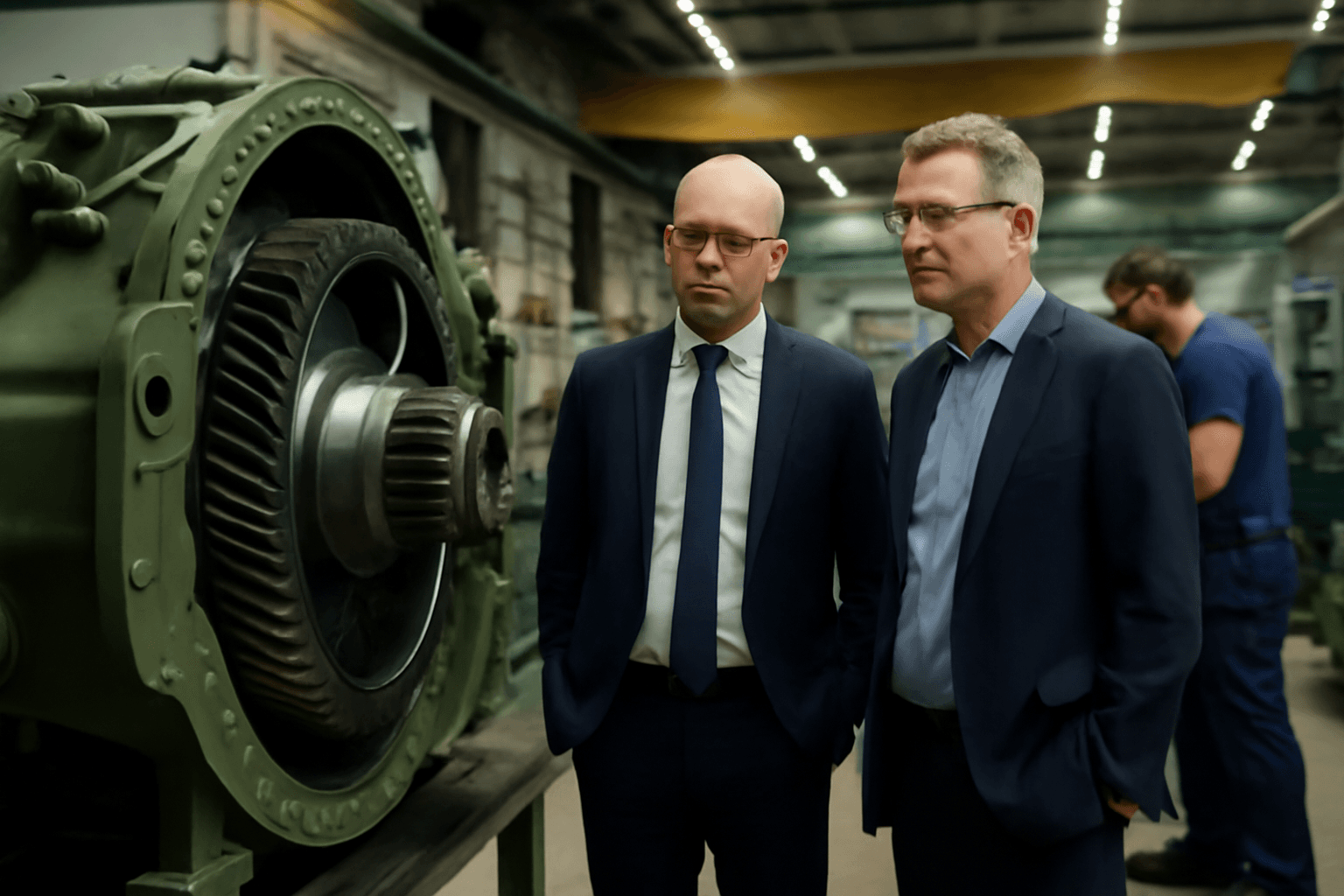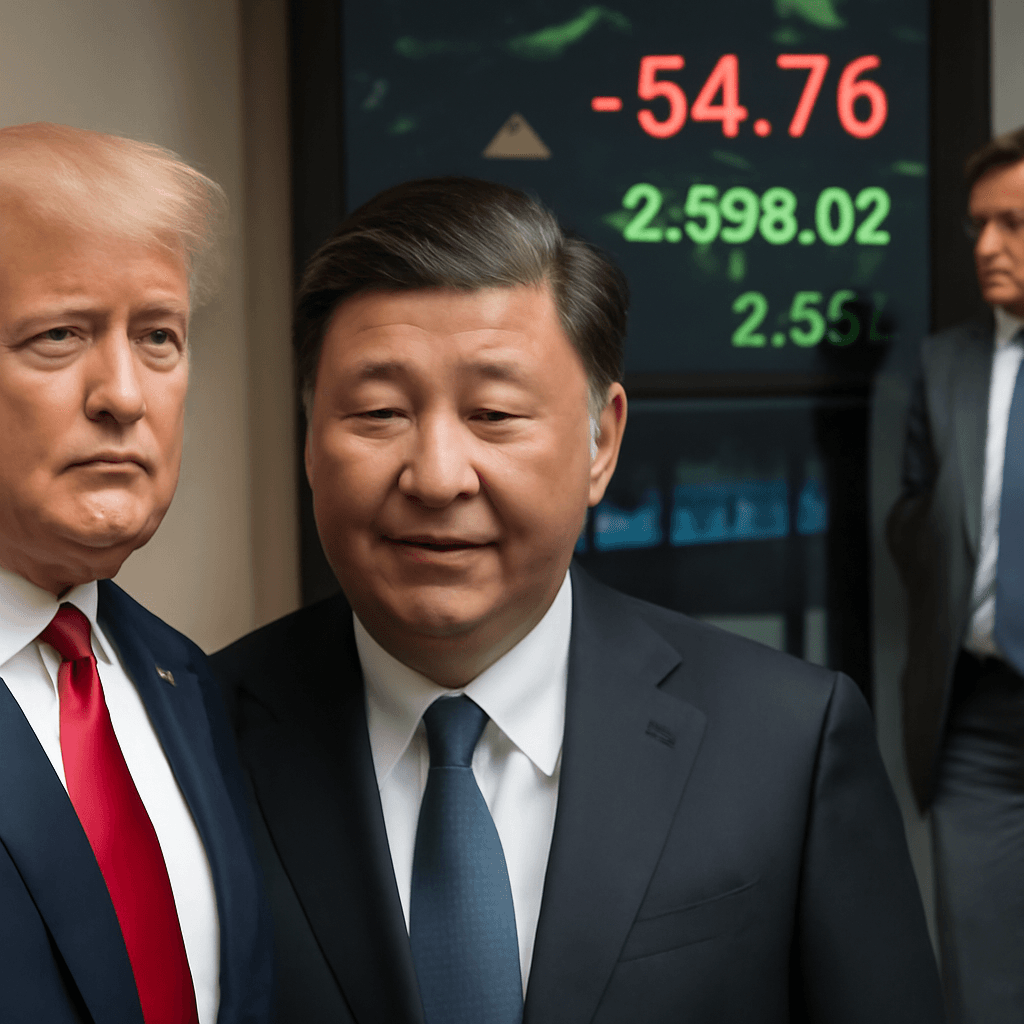Germany’s defense manufacturer Renk AG is actively recruiting talent from the automotive sector to support its expansion amid growing geopolitical tensions and increased military spending across Europe.
Following Germany’s landmark increase in defense budget earlier this year, signaling a significant boost for military suppliers, Renk has experienced a surge in demand. The company’s stock has soared over 300% in 2025, with its order backlog climbing 164% to €549 million ($622.3 million) in Q1 alone. As a leading producer of gearboxes for tanks, Renk is among the defense firms benefiting from Europe’s amplified defense efforts prompted by the war in Ukraine and shifting transatlantic security dynamics.
To meet escalating production requirements, Renk and other defense companies are increasingly collaborating with Germany’s automotive industry—a sector facing economic challenges due to global competition and structural transformation. Renk’s CEO Alexander Sagel and COO Emmerich Schiller, both with automotive industry backgrounds, have leveraged their expertise in recruiting skilled engineers from car manufacturing. Sagel noted in a CNBC interview from Renk’s Augsburg headquarters that applicants from automotive show strong potential, enhancing defense manufacturing capabilities.
Schiller emphasized the value of automotive methodologies such as continuous improvement and Lean Six Sigma principles. "We are seeking engineers who can transfer their education and bring automotive industry practices to boost efficiency and quality," he said.
The German trade union IG Metall Lower Saxony acknowledged this trend, highlighting the automotive sector’s transformation through electrification and digitization alongside defense industry expansion. While supporting workforce mobility between sectors, the union cautioned against overreliance on rearmament which may yield only short-term employment gains amid an uncertain security environment.
Analysts have pointed out the opportunity presented by idle capacity in Germany’s auto industry—estimated at risk of 100,000 jobs—being redirected to defense manufacturing to enhance industrial scale and profitability. This strategic shift could rejuvenate Germany’s manufacturing base, preserving jobs and technological know-how.
The German Association of the Automotive Industry (VDA) welcomed cross-sector cooperation as a way to strengthen Germany's competitiveness and sustain growth.
Monika Schnitzer, chair of the German Council of Economic Experts, also endorsed facilitating workforce transitions between automotive and defense sectors as vital to mitigating layoffs and fostering reskilling.
As Germany adapts to evolving security demands and industrial landscapes, Renk’s approach illustrates the growing synergy between automotive expertise and defense innovation.

















